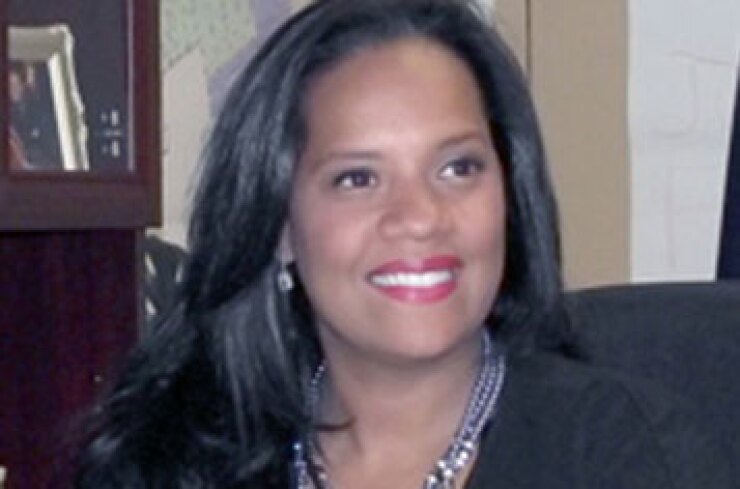
The New York City Council's Finance Committee held a public hearing Wednesday at City Hall to hear comments on a proposal to expand the DUMBO Business Improvement District.
The legislation would expand the current boundaries of the DUMBO (Down Under the Manhattan Bridge Overpass) business improvement district and increase its annual expenditures.
Testifying in favor of the proposal were representatives from the city's Department of Small Business Services and three private stakeholders: the DUMBO Improvement District, anchor tenant Etsy, and Two Trees Management Co.
The new legislation would add to the existing BID an area to the east which is called DUMBO Heights, some properties around Brooklyn Bridge and a commercial property at the edge of the district.
The law would also increase the BID assessment to $835,000 a year from $650,000. The extra money would be used to pay for maintenance and sanitation, marketing and promotion, capital improvements and administration.
The DUMBO BID was established in 2005 when it was mostly used for manufacturing and shipping. Since then, the district has evolved into a mixed-use community with offices, retail areas, artist spaces and residences. The tech sector, which consists of digital design, digital marketing and educational tech and e-commerce firms, is the district's most significant industry.
"We are the heart of the Brooklyn Tech Triangle – the area cultivated jointly by our organization, the Downtown Brooklyn Partnership and the Brooklyn Navy Yard," said Alexandria Sica, Executive Director of the DUMBO Improvement District. "Our BID has been operating for 10 years – a time of great change for the neighborhood, which has emerged today as one of New York's most sought after addressees both for residents and commercial tenants as well as tourists."
Also speaking in support of the BID expansion was Atika Khalid of Two Trees, a major property owner in the district.
"We currently own roughly 30% of the properties assessed and view the BID as one of our most valuable investments," she said, adding that "As the neighborhood grows, so must out BID, if it is to continue to provide great services."
The finance committee will now hold a 30-day waiting period to hear any public objections and will return to vote on the legislation late next month before it is sent to the full council for a vote. If it is approved, it will be sent to the Mayor for his signature and become law.





